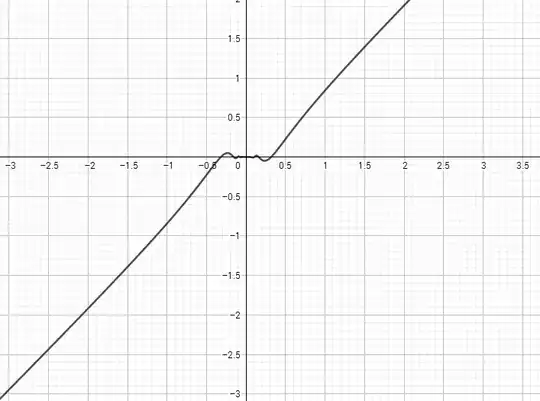So i have a question regarding substitution. It is quite obvious I have to do the substitution $u=1/x$ to solve this limit. However, I do not understand one thing. Substitution is valid because of the theorem mentioned here Limits and substitution. Clearly if we use that theorem $\lim 1/x$ where $ x \to \infty$ is equal to $0$ not $0^+$. Therefore, by the theorem $\lim_{x \to \infty} x^2sin(1/x)=\lim_{u \to 0} sin(u)/u^2$ Where this limit does not exist since depending on which side we approach it we get negative or positive infinity. I know that for some reason we say the limit of 1/x is $0^+$ but i am not sure why. Any explanation would be appreciated.
Thank you.
